What is autophobia?
Monophobia, or autophobia, is the fear of being lonely. Those with this condition often experience severe anxiety when they are alone, even in a place they usually feel comfortable in like home.
Autophobics feel safe only when another person or people are around them. Autophobic individuals often live in fear despite being physically safe:
- Burglars
- Strangers
- Feeling unloved
- Being unwanted
- Getting sick suddenly
- Experiencing noises that don’t make sense
The fear of being alone causes an individual to develop autophobia, an irrational fear. The person may not be in danger of being alone, but their symptoms still cannot be controlled.
It is possible that an individual may not be able to function normally until they no longer feel alone. They might feel compelled to end their isolation as soon as possible when they’re alone.
Related: Social Anxiety Disorder
Difference between fear of being alone and loneliness
Loneliness is characterized by feelings of sadness or dissatisfaction related to how many or how good your social connections are.
Autophobia is the feeling of anxiety or fear when alone or thinking about being alone. It does not matter how many family members and friends you have in your life.
What are the symptoms of autophobia?
It is only when the person gets into a situation in which they may be left alone that they will begin to experience the symptoms of the self phobia. Symptoms of autophobia include:
- Fear of being left alone
- Worrying about what could happen if left alone
- Feeling disconnected from your body
- If you are alone, or in a situation where you may soon become alone, you can experience shaking, sweating, chest pain, dizziness, heart palpitations, hyperventilation and nausea
- An extreme feeling of fear or terror when you are alone or have a good chance of becoming alone
- It may make you feel like you have no choice but to flee
- Anticipated loneliness can cause anxiety
Related: Agoraphobia
What causes autophobia?
We do not know the exact causes of autophobia, as with many other phobias. There are several possible causes, including:
- Experiencing trauma alone
- Experiencing abandonment in childhood after a divorce or death in the family
- Experiencing other adversities as a child
- Being born with a similar phobia or having a different phobia from your parents
The phobia of autos can be a symptom of either anxiety or personality disorders such as dependent or borderline personality disorders.
What is the diagnosis of autophobia?
Phobias are fear-based disorders. An autophobic person should consult a doctor. If necessary, they can refer them to a mental health provider.
You’ll receive a psychological evaluation if you see a mental health specialist. They will inquire about your health history to see if there are physical problems impacting your mental health. Then they will conduct an evaluation of your mental health. They will ask you many questions about how you’re feeling and what you do on a daily basis.
This type of phobia is called situational phobia. Individuals with this phobia become extremely distressed when they find themselves alone or lonely. Those who suffer from autophobia experience severe anxiety when they are alone, causing daily life to be disrupted.
It is possible for a person to have more than one phobia at the same time. If you have more than one phobia, your autophobia is likely to be even more difficult to cope with. Discuss any other fears you might have with your doctor.
Related: Mental Health Help
What is the treatment for autophobia?
Psychotherapy is often recommended for people who have specific phobias, such as autophobia. Cognitive behavioral therapy (CBT) and exposure therapy are the two most frequently prescribed types.
Exposure therapy
The purpose of exposure therapy is to treat behavioral avoidance. It is hoped that after receiving this treatment, your phobias will no longer limit the activities you are capable of doing on a daily basis.
Every time you face the source of your phobia, you will be subjected to it over and over again by your doctor. They will start by doing it in a controlled environment where you feel comfortable and then move on to a real-life situation.
You will work together with your therapist to build up your tolerance of being left alone for long periods of time if you suffer from autophobia. Starting withstanding a few yards away after leaving your therapist’s office is an effective way to start. Gradually increasing the distance and duration as you progress each day is also beneficial.
Related: Claustrophobia Disorder
Cognitive behavioral therapy (CBT)
Your therapist will teach you how to deal with your phobia. Other techniques will also be used to teach you how to deal with and cope with being alone in a more positive way. Your phobia will be examined by them in light of your thinking pattern.
The use of cognitive behavior therapy can help you deal with your autophobia. This will alleviate some of your anxiety when you have to face it again.
Medications
The most effective method of treating autophobia is psychotherapy alone. However, medication can sometimes be helpful in reducing someone’s symptoms in order for them to benefit from psychotherapy.
When you are first treated, you may be prescribed medication. Additionally, they may suggest you use it only in rare or specific situations.
Autophobic patients might take the following medications:
- Beta blockers. These drugs interfere with adrenaline’s stimulation of the body.
- Sedatives. You can reduce your anxiety by taking benzodiazepine sedatives. They are addictive, so they need to be used with caution. It is especially true for individuals who have a history of substance abuse.
- Selective serotonin reuptake inhibitors (SSRIs). They are used for treating anxiety disorders and phobias.
Related: How to Overcome Fear from Mind and Heart
Complications of autophobia (monophobia)
Expecting someone to be with you all the time isn’t a practical expectation. Low self-esteem can have serious consequences on your career, relationships, and social life. It is possible that, out of fear of being alone, you end up staying in a toxic or even abusive relationship. It can be harmful to relationships if you insist that friends or family do not leave. Alternatively, you may be concerned about being left by a partner and obsessively check up on them.
The following are additional risks associated with autophobia:
- Depression
- Post-traumatic stress disorder (PTSD)
- Substance use disorder
What are the prospects for autophobia?
Each person defines “being alone” differently. There are some people who fear being alone if they do not have someone close to them.
Each person demands a different level of proximity. Many people with autophobia don’t have a problem being in the same room as another person, while others don’t have any issues being in the same house or building.
Those with autophobia are constantly living in fear of being alone, which makes it difficult to lead a happy, productive life.
The good news is that help is available if you think you suffer from autophobia. Recovery is possible with the right treatment plan. Visit a physician or mental health professional as soon as possible.
Managing your reactions, feelings, and thoughts will be easier with the right combination of treatments.
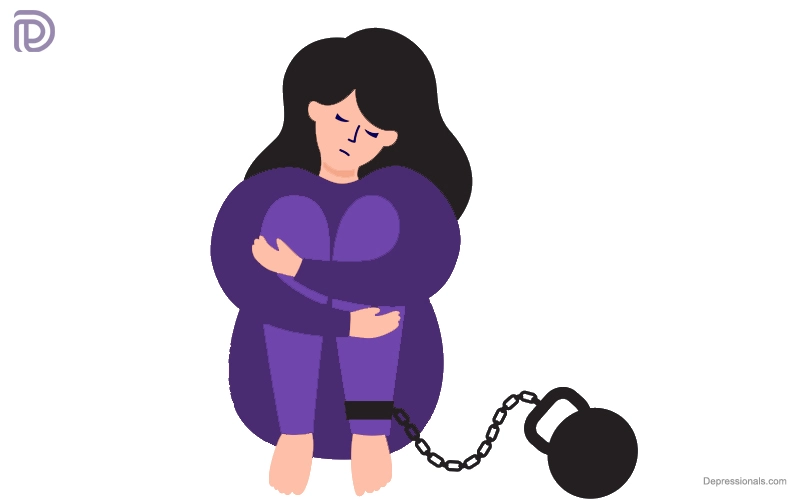
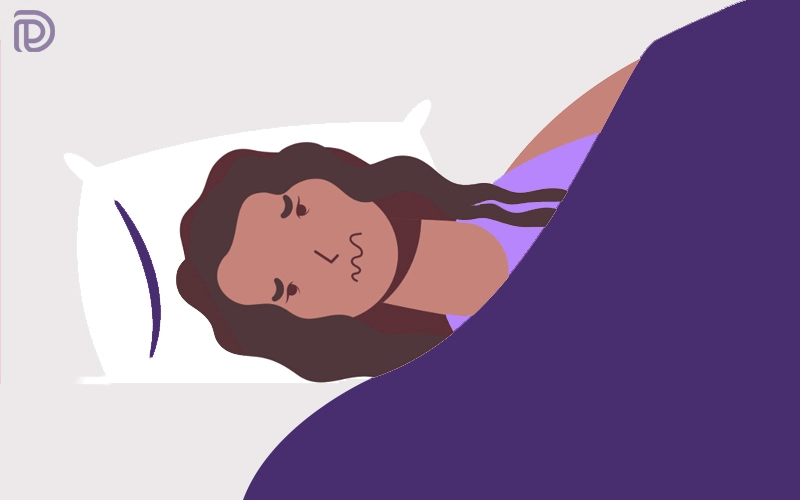
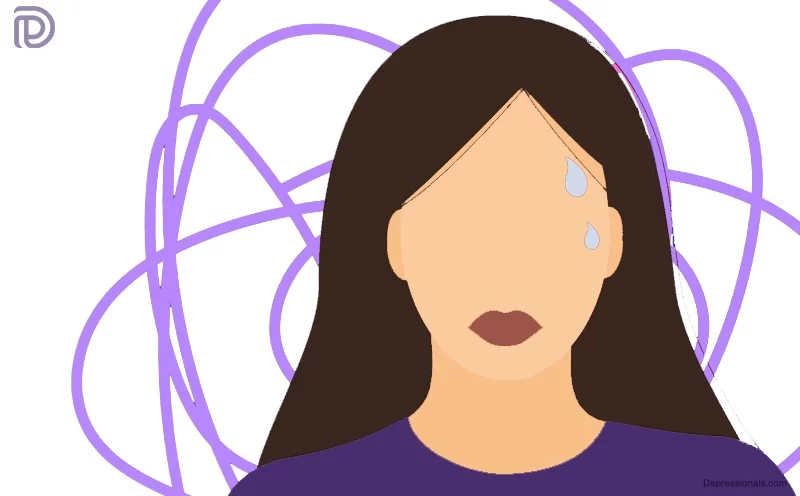
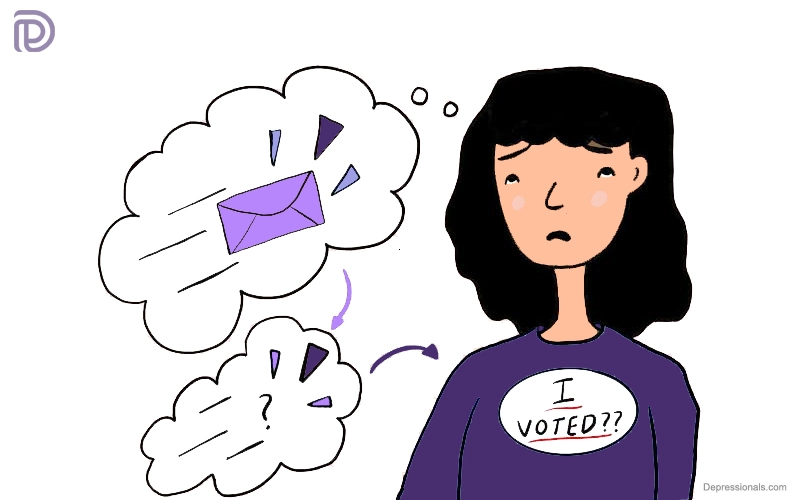
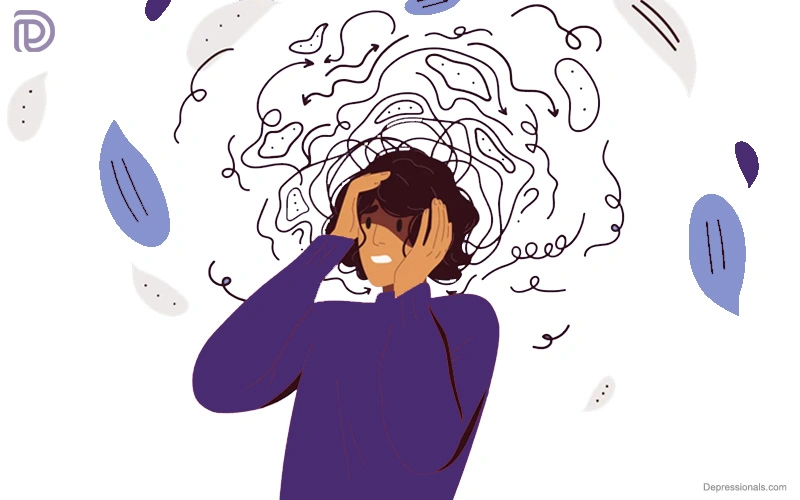

Hello! I’ve been following your web site for a while now and finally got the bravery to go ahead and give you a shout out from New Caney Tx! Just wanted to tell you keep up the great work!
Good – I should definitely pronounce, impressed with your site. I had no trouble navigating through all the tabs as well as related info ended up being truly easy to do to access. I recently found what I hoped for before you know it in the least. Quite unusual. Is likely to appreciate it for those who add forums or anything, web site theme . a tones way for your client to communicate. Excellent task.